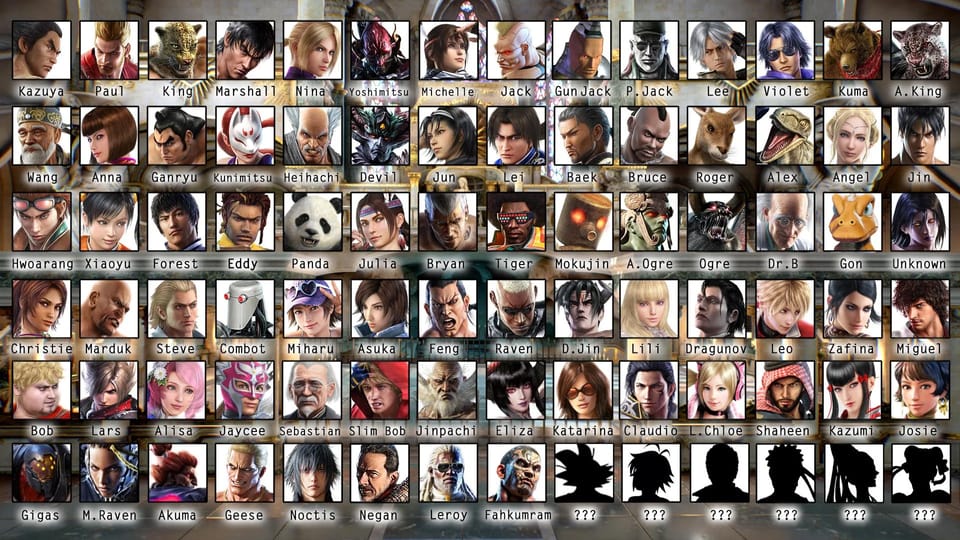Why We Choose the Fighters We Do?

When I was a kid, I remember going to my friend's house and playing games like Super Smash Bros. Melee.

For some reason, I always gravitated towards Link.
For context, I look nothing like Link.
My skin is brown, hair black, and I don't know how to wield a sword.
So why was I inclined to pick him?
First Impressions and Instant Affinity
When you don’t have data, you rely on vibe.
You scan the roster and land on the one who just feels right.
Psychologists call this affective primacy—the idea that emotion often guides our decisions before logic kicks in.
That split-second reaction is your brain picking up on design cues:
- Colors you associate with confidence or mystery
- Poses that signal dominance or playfulness
- A face that feels familiar, even if you’ve never seen it before
Identity Projection
Without realizing it, we tend to pick fighters based on if they reflect us.
Not always your current self—sometimes the version of you that you wish could step into the fight.
This is called identity projection.
You might choose:
- The quiet assassin because you’re tired of being overlooked
- The cocky brawler because you want to feel bold
- The strange wildcard because being misunderstood feels familiar
Design Psychology
Since we only have faces & wardrobe to rely on, initially when picking a fighter, are eyes (just like in real life) are drawn to style.
Maybe they wear a mask.
Maybe they’ve got a sword.
Maybe their design screams rebellion, discipline, or chaos.
It's similar to how we judge a book by its cover.
Just as a title may captivate you, so does the fighter's style.
Your brain latches onto the one that excites your imagination.
The Deeper Truth
The more you play, the more you realize that first choice meant something.
It wasn’t just random.
It was personal.
Even in those few seconds you spend choosing a fighter, your brain is working behind the scenes—making the best choice it can with almost no information.
So next time you scroll through a fighter roster with no idea what’s going on, pay attention to who you pick.
They might be revealing something about you.
About: Human UX is a knowledge resource dedicated to understanding human behavior in the digital age. Our goal is to make complex psychological, social, and cultural concepts accessible, giving people the tools to think critically, discuss openly, and apply agency.